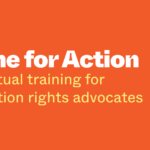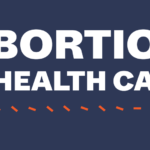
The U.S. Supreme Court’s decision to overturn Roe v. Wade officially denies millions of U.S. residents fundamental rights—to health care, to bodily autonomy, and to freedom.

A U.S. state legislator working to protect abortion access in her state is finding inspiration in Mexico’s abortion rights movement. Here’s our Q & A with Rep. Julie von Haefen of North Carolina:

There are more refugees and displaced people than ever before—more than 100 million according to current estimates. While it is often believed that abortion care is not a priority need in refugee camps and other humanitarian settings, a study from the Central African Republic (CAR) adds to the growing body of evidence that it is.

Ipas Bolivia is supporting health centers to offer free sexual and reproductive health care to undocumented migrants and training health-care providers in care that is sensitive to the needs of this population.

Around the world, countries are expanding abortion rights and access. Since 2000, 37 countries have liberalized abortion laws. Sadly, the United States is poised to go backward.


The leaked draft from the U.S. Supreme Court signaling the court’s intent to overturn Roe v. Wade, the landmark decision that has guaranteed legal abortion in the United States for nearly 50 years, is a radical, rights-denying move.

In Mexico City this week, I got a renewed sense of what it means to make reproductive rights a reality.








